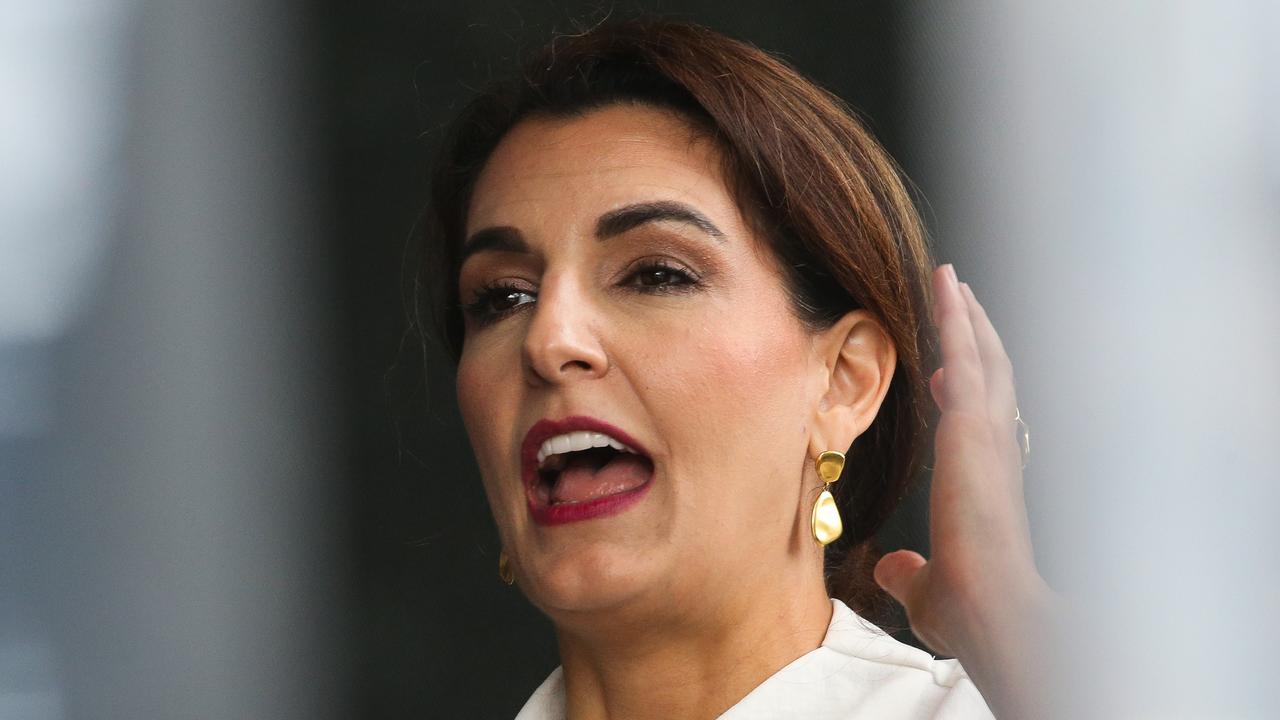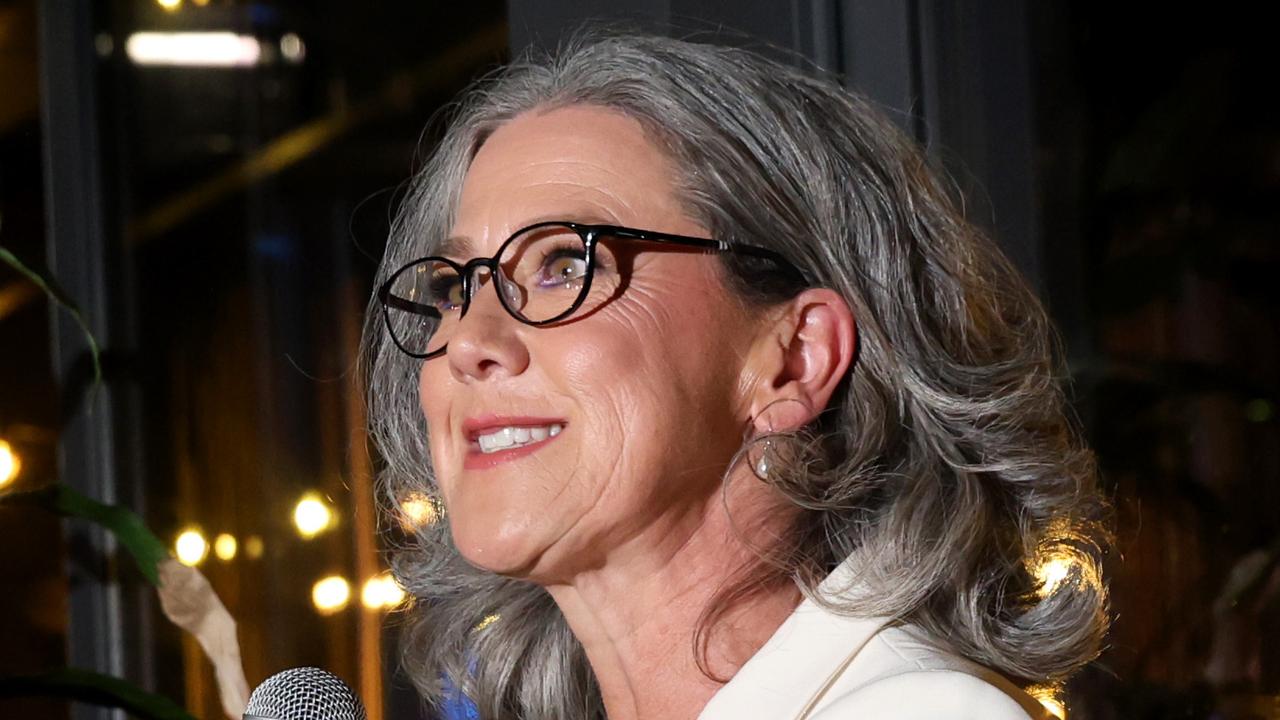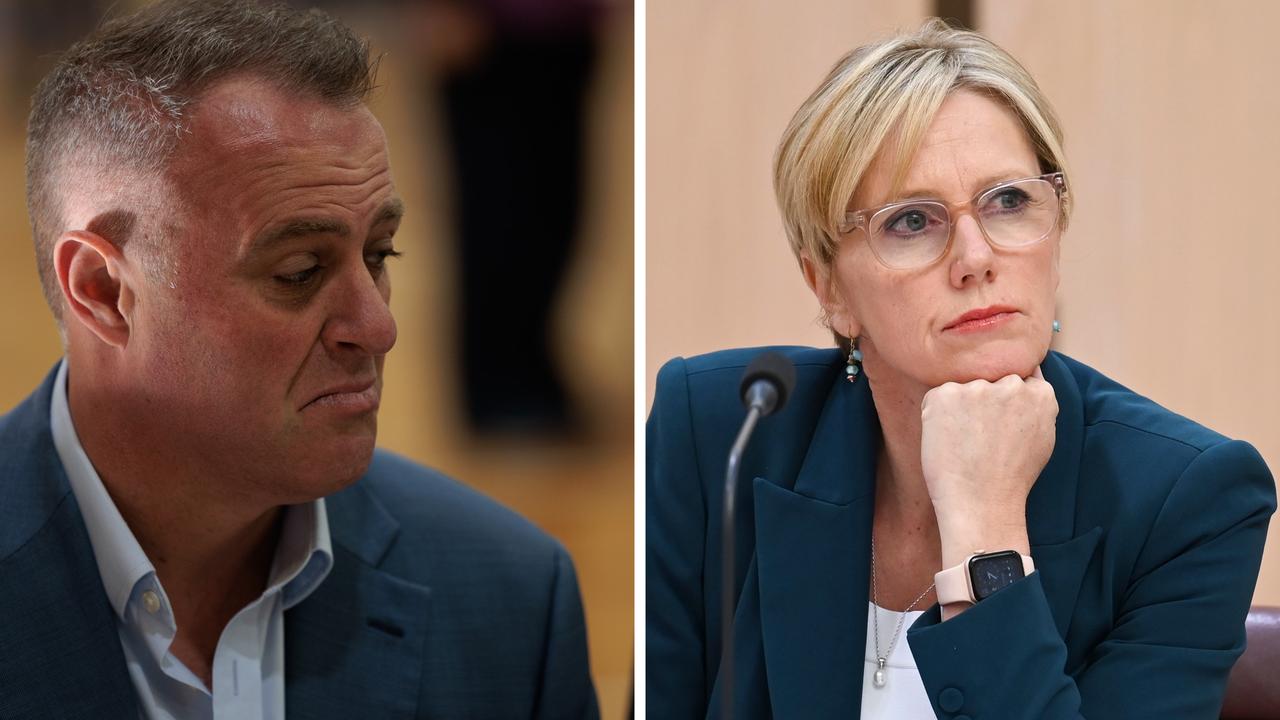Defence veterans Brodie Moore, John Armfield talk mental health and the 2025 federal election
Two Aussies who served in uniform abroad have spoken up about the election campaign and their hopes for a better mental health future for Australia’s defence force heroes.
It has been more than six months since the release of the final report from the Royal Commission into Defence and Veteran Suicide and as the federal election campaign enters its third week, mental health is dominating headlines.
Peter Dutton has pledged $400m for youth mental health and Anthony Albanese has promised $1bn over four years to deliver more than 100 new or upgraded mental health centres.
For Army combat veteran and Medilinks CEO Brodie Moore, the budget promises from both camps make him “optimistic” about the country’s commitment to address the vexing health challenge.
“I’m very glad that mental health services in general have been a huge talking point,” he told NewsWire this week.
“That’s very important and it’s good to see budget promises towards mental health services, that’s very promising.
“The skills shortage is probably one of the biggest thing that needs to be addressed.”
But he cautioned there were unique and “multi-factorial” mental health challenges hitting the defence and veteran community and addressing these would require a long-term commitment from government.
“There is no single cause or solution,” he said.
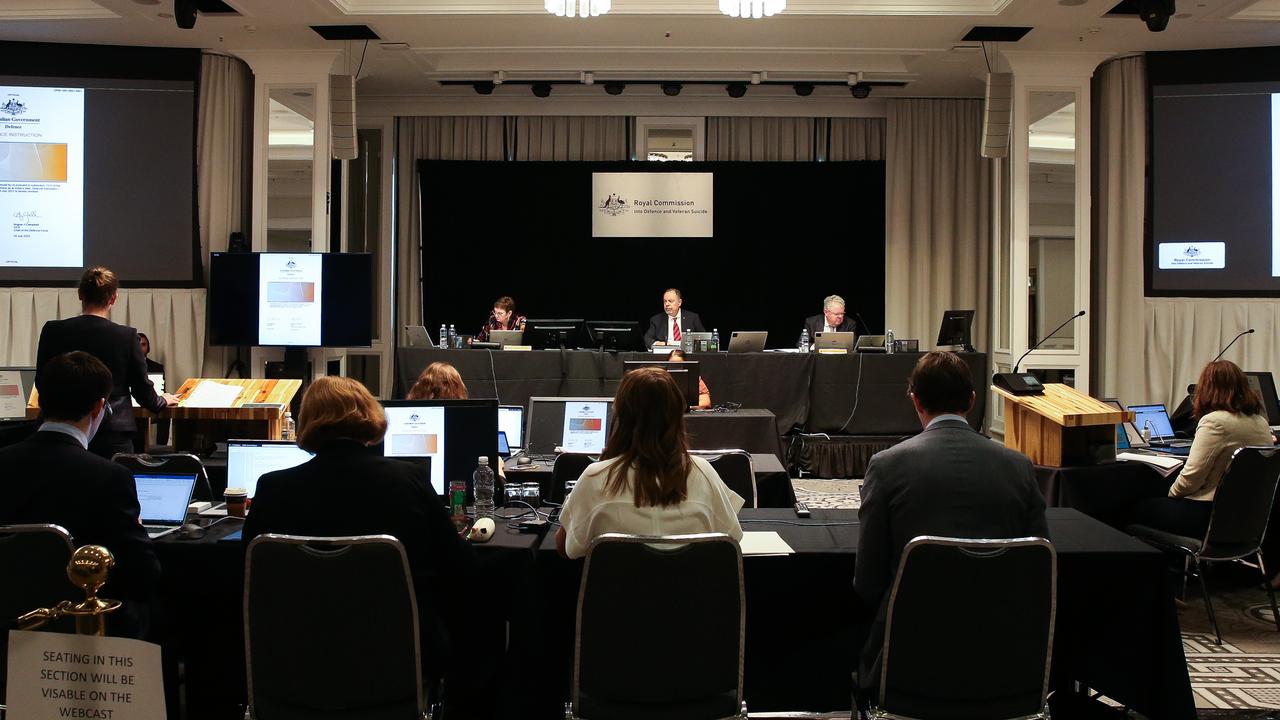
“There are 122 recommendations in this Royal Commission and the commissioners have condensed it as much as they can to not overwhelm things.
“It’s a big issue, it’s multi-factorial. There are not enough specialist services out there and lot of services that lack lived experience.
“When it comes to psychiatry, there is no shortage of work for them out there for psychiatrists … it’s about creating that workforce that wants to work with veterans.”
There is a gap in suicide rates between the Defence and veteran community and the civilian population.
According to the commission’s analysis, males serving in the permanent forces are 30 per cent more likely to die by suicide than employed Australian males, and ex-serving males who served in the permanent forces are 42 per cent more likely to die by suicide than Australian males.
Ex-serving females who served in the permanent forces are 110 per cent more likely to die by suicide than Australian females.
Between 1997 and 2020, deaths by suicide took the lives of 1600 servicemen and women – 20 times the number of service personnel killed on active duty.
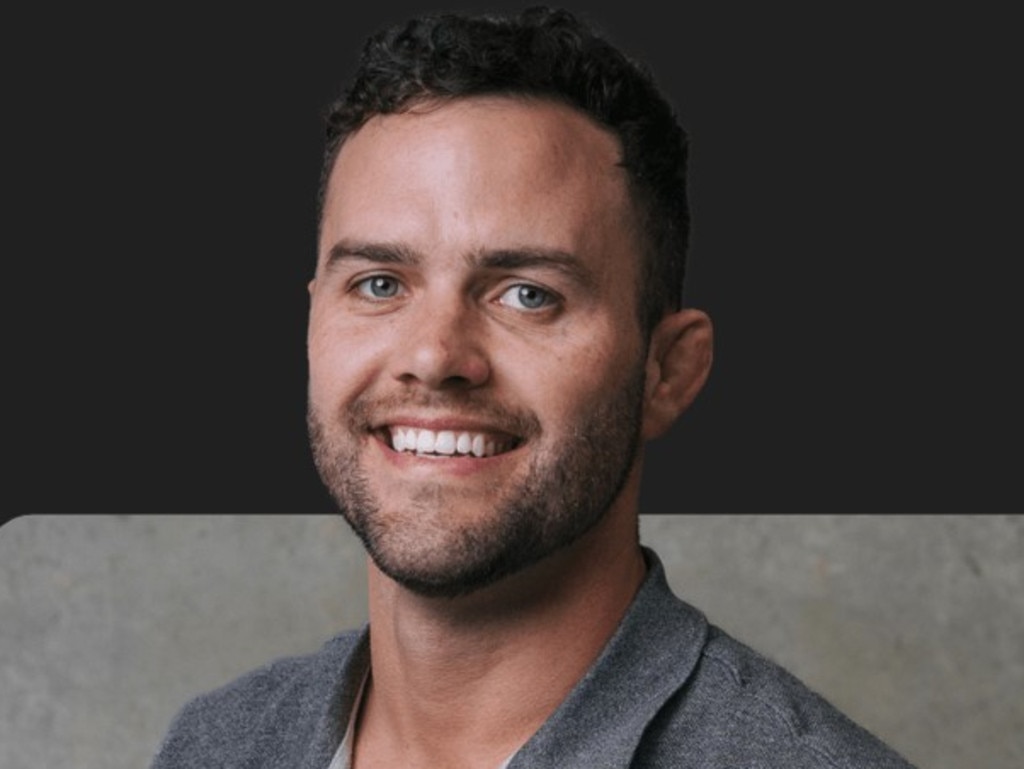
“A lot of veterans just don’t put their hand up to get that support when they’re struggling,” Mr Moore said.
“There’s a culture within the ADF that definitely makes it harder to put your hand up and ask for help, I’ve seen that first hand myself.
“When an environment is so team orientated, it’s very hard to put your hand up and say, ‘hey I’m not doing okay and therefore I’m not a functional or productive member of the team’.”
“There’s also a very big anti-malingering culture.
“Faking or feigning an injury is like the worst thing you could possibly do and when it comes to mental health injuries, it’s an invisible injury.
“You can’t see a mental injury and I think that adds to the challenges here. You’re not walking around with a cast on your leg.”
Mr Moore served as a rifleman in Afghanistan in 2010.
“It really equipped me with the inspiration for what I do today,” he said.
“A lot of our unit was struggling with mental health post that deployment.
“I saw the impacts of that first hand.”
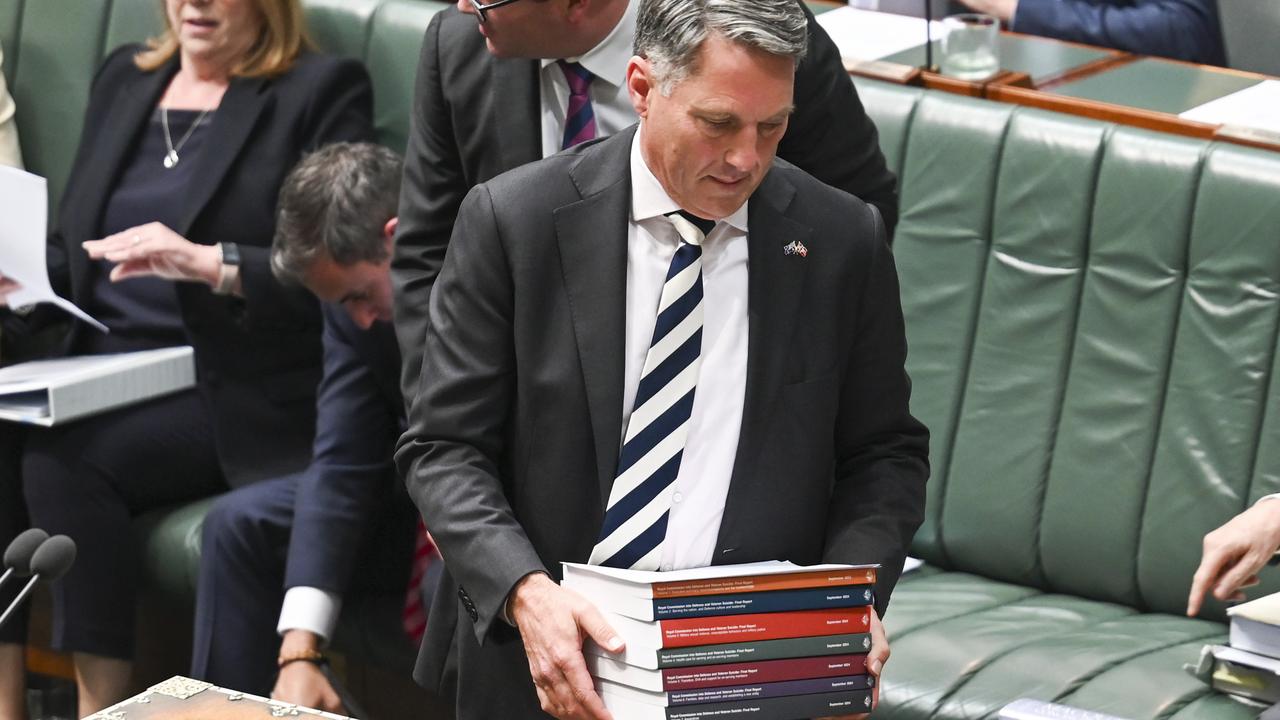
He trained as a nurse following his time in the army and then co-founded Medilinks, which provides specialist psychiatric care to veterans, in 2022.
“On the whole a lot of psychiatrists, doctors and health practitioners like supporting our nation’s heroes,” he said.
“But it’s about making it easy for the veterans and also making it easy as possible for that healthcare practitioner to want to work in that field.”
The commission’s marquee recommendation is to establish a separate, independent entity with responsibility for preventing suicide deaths among Defence and veteran personnel and there is bipartisan support for the proposal.
Defence Minister Richard Marles has said the federal government will establish the legislated oversight body by September 2025.
Mr Moore said the bipartisan support for the commission’s work suggested the country was “heading in the right direction”.
“They are actually implementing the recommendations or some of the recommendations,” he said.
“It’s great to see support from both sides of the bench.
“Talk is cheap, essentially. We need government to take action here and it seems like they are taking action, it can’t happen fast enough.”
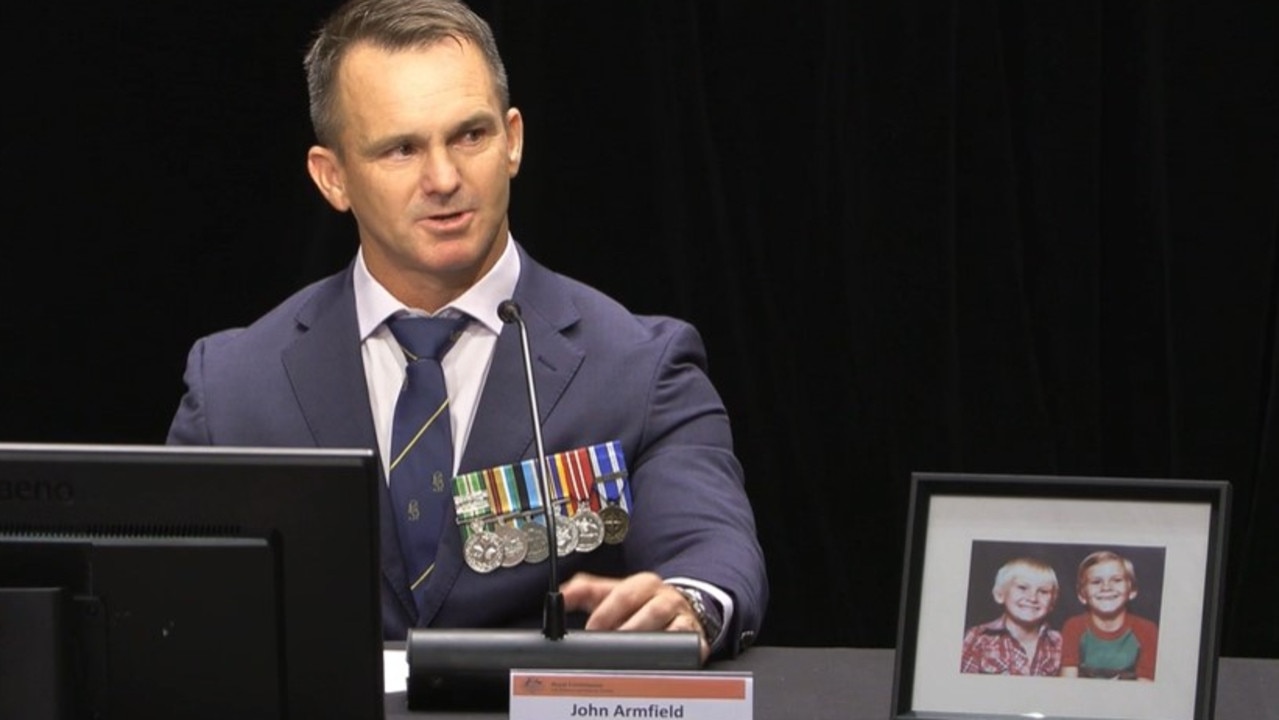
Former Navy diver and commission witness John Armfield is critical of the government’s movement on the issue.
“Right now, 122 recommendations and you can’t implement one? You can’t do one?” he told NewsWire.
Mr Armfield lost his brother Andrew, an air force serviceman, to suicide in 2011.
He then suffered through his own mental health struggles 10 years after the traumatic event as he grappled with an internal inquiry into his brother’s death.
He is now running for the Queensland seat of Fadden, which takes in the northern Gold Coast, on the Gerard Rennick People First Party, to give voices to veterans issues.
“There are three reasons I’m running,” he said.
“One thing I want to achieve, I want to empower veterans to do what I am doing, to make change, because I am no different to any other veteran. I’m an enlisted sailor.
“The second thing, I want to empower Australians to understand, politicians are public servants. They serve them. We’ve lost that, we’ve gone from service to rule. I want Australians to know that your politician serves you, you’ve got to demand they stand up for you.
“And third, I’m still looking for justice in this situation.
“This has given me a platform to call out failures in defence leadership. People are listening to me now.”


